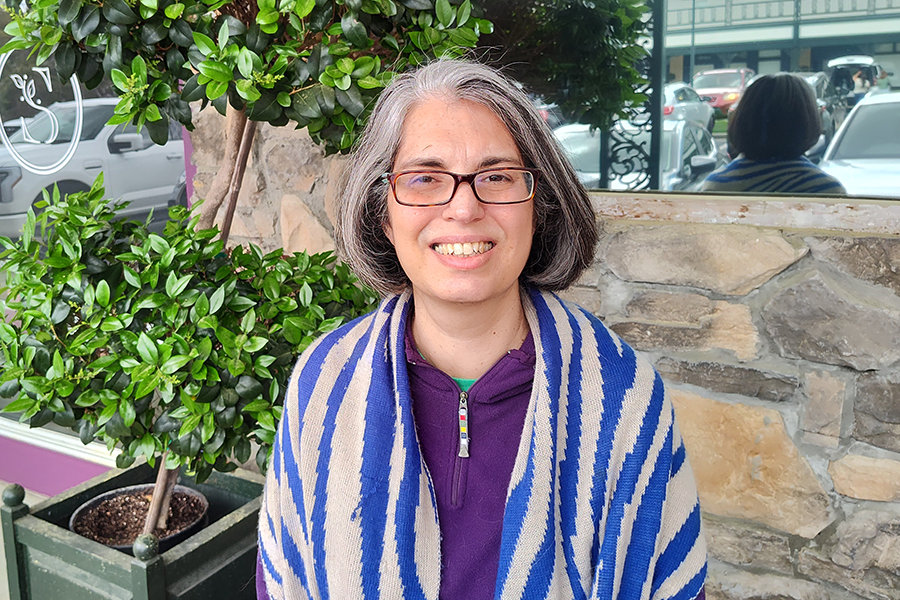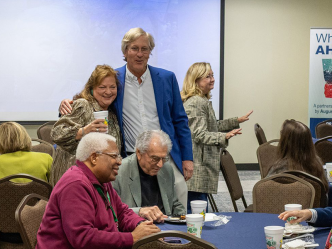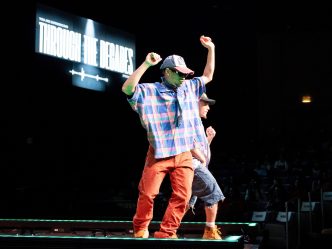On Oct. 17, longtime and beloved College of Science and Mathematics faculty member Maria Eugenia Sabbatini, PhD, passed away after a months-long struggle with advanced kidney cancer.
Sabbatini, who was a full professor in the Department of Biological Sciences, moved to the United States from Argentina in 2006 after completing a PhD in physiology at the University of Buenos Aires in Argentina. She was accepted into a postdoctoral position at the University of Michigan under John Williams, PhD, where her research was focused on better understanding processes involving the exocrine pancreas.
“When I first met her, she was excited about coming to the U.S. and enthusiastic about beginning her research in my laboratory,” Williams said. “She got along well with the other researchers in my group and participated in all our laboratory social events.”
“No doubt, she ranks as one of the most outstanding students I ever had,” said Liliana Bianciotti, PhD, Sabbatini’s PhD mentor at UBA. “I am very proud of her achievements, a result of her remarkable commitment to research and teaching demonstrated by her careful and systematic approach to her work.”
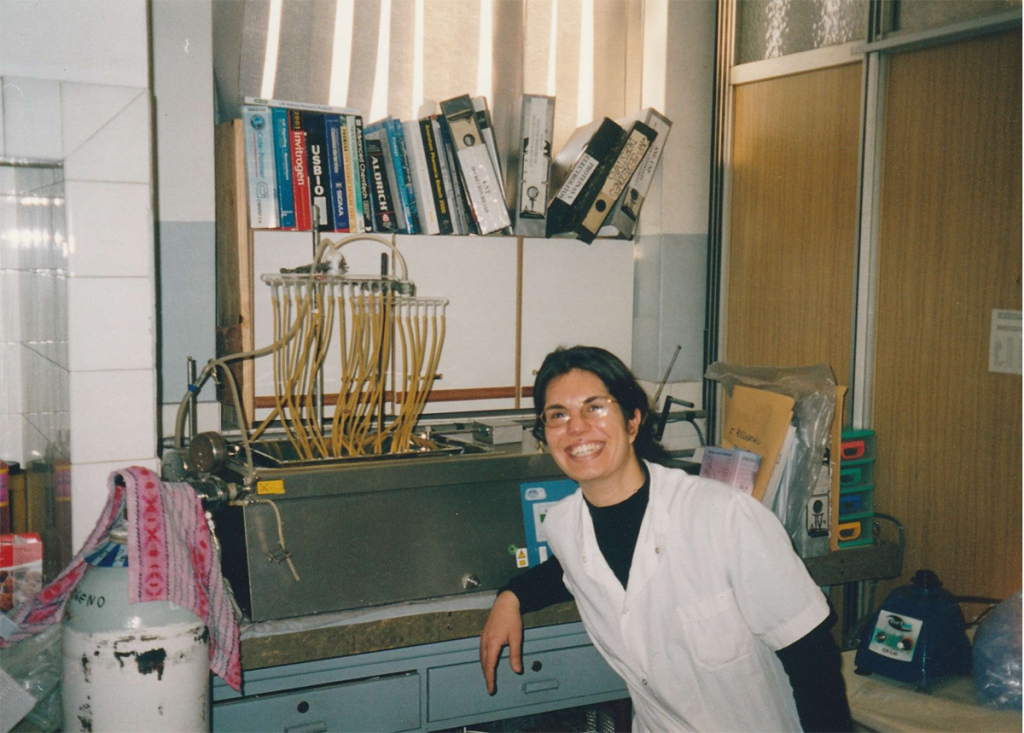
Sabbatini met her husband, Michael Murray, PhD, in 2010 while Murray was working for an environmental nonprofit and teaching part-time at the University of Michigan. Their work differed greatly – Sabbatini’s research focused on pancreas physiology while Murray focused on environmental science and policy. Although they both had an interest in science, what brought them together had nothing to do with academics.
“We met through a salsa dance class,” said Murray, a faculty member in Biological Sciences.
Dance was one of Sabbatini’s great joys. Early on, she and Murray spent much of their free time dancing salsa, bachata, merengue, cumbia and cha-cha, and he made efforts to learn the more challenging tango, which Sabbatini enjoyed.
The two married in 2012 and moved to Augusta in 2013 after obtaining positions at Augusta University. Sabbatini became a fixture in biological sciences. Her time in the college was marked by the same ferocious zeal she had for dancing, pouring her efforts into research, teaching and service. Those who knew her noted that Sabbatini’s work ethic, passion for research and kindness were tremendous and obvious.
“She was just completely animated by her work,” Murray said. “She was in her lab seven days a week. She would move all around the lab, in a way that was like a dance. I would see her throughout the day in my office and would know her footsteps just by her pace.”
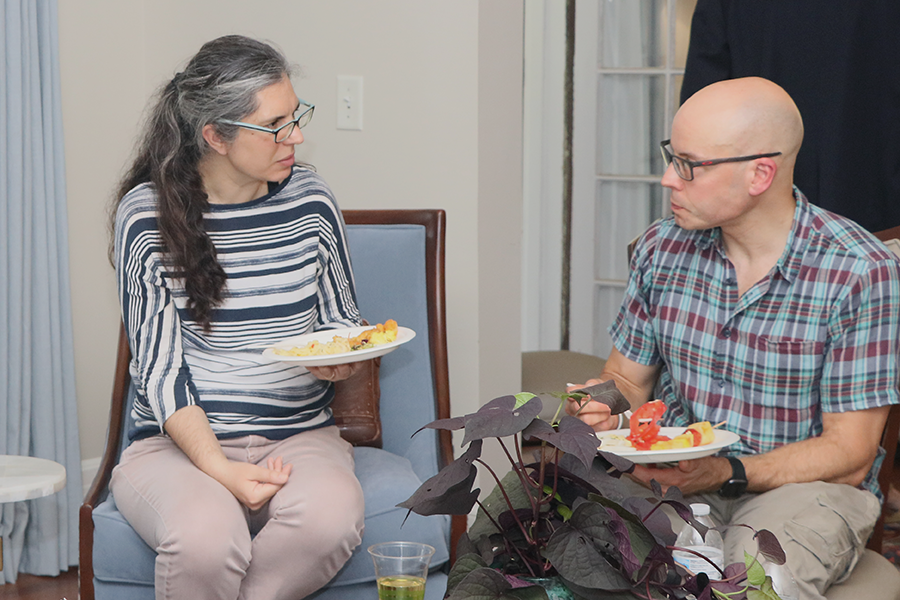
“The hardest working person I have ever met,” said Amy Abdulovic-Cui, PhD, interim chair of the Department of Biological Sciences. “She was just very genuine. We lost a dear family member.”
Even after her diagnosis in February, Sabbatini continued her work. She went into surgery immediately but still managed to take part in a National Institutes of Health conference call from her hospital bed just days later. She worked with students and colleagues to publish a paper over the summer while undergoing chemotherapy and immunotherapy and even chaired promotion and tenure committees in August and September.
Sabbatini’s research on pancreatic cancer reached across her discipline, and she collaborated with faculty in several colleges. Among her collaborators were researchers at AU’s Medical College of Georgia and the Department of Psychological Sciences in the Katherine Reese Pamplin College of Arts, Humanities, and Social Sciences. Laurence Miller, PhD, a researcher of behavioral pharmacology, co-authored two publications with Sabbatini and observed that her collaborative spirit was emblematic of her approach to research.
“I think the fact that Dr. Sabbatini was willing and able to see the potential benefits of a collaboration with someone from a very different discipline says a lot about the kind of scholar she was,” Miller said.
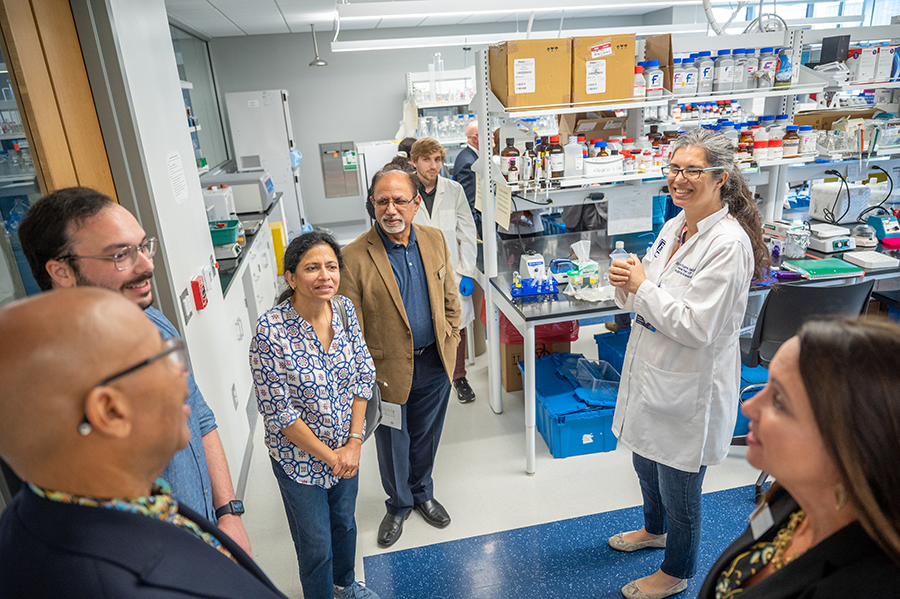
Sabbatini’s spirit for teaching was equal to her love of research. Students and faculty over the years affirmed that Sabbatini was as invested in teaching her students as she was in her own research. Her teaching load took up almost as much time as her research, and she was eager in her mentorship of students, both those whom she invited to work alongside her in her lab and those who approached her to advise them on their thesis projects.
“I was working on my honors thesis and even though her area of research was not in liver cells, she jumped into the project and took extra time that she did not have to learn to culture the liver cells we used,” said Shelby Buckner, MD, a former student of Sabbatini’s. “I hope everyone can experience having that kind of a teacher and mentor in their lives.”
Altogether, Sabbatini mentored over three dozen undergraduate students and multiple graduate students. She served five times as a mentor in the Center for Undergraduate Research and Scholarship and was awarded the CURS Mentor Excellence Award in 2020.
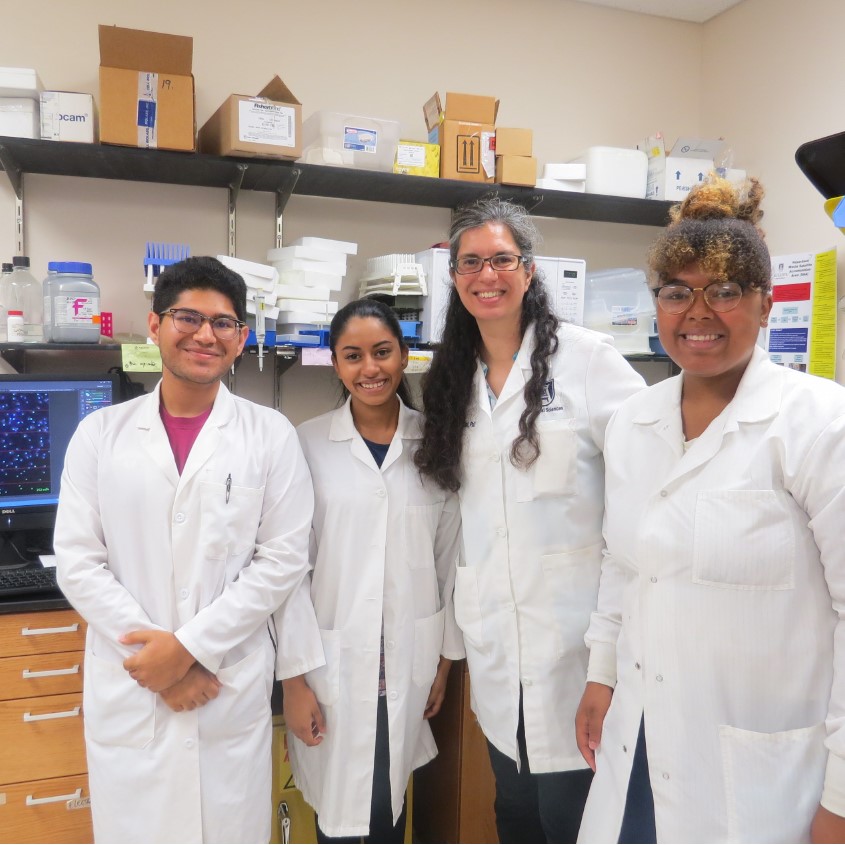
In the wake of her passing, Murray is spearheading an effort to establish a scholarship fund in Sabbatini’s memory. Murray hopes the fund will eventually grow to support both undergraduate and graduate students in their research.
“I know how important it was for her to be able to work with students,” Murray said. “Research was what she loved. I just thought it would be a nice legacy to have.”
Sabbatini is survived by her husband, Murray; her parents and brother in Argentina; her in-laws in Colorado; and her two cats, Sunny and Peachita. Her celebration of life is being planned for February 2025, in which current and former co-workers, students, family and friends can come together to memorialize her lasting contributions to the people in her life, her field and the institution to which she gave so much of herself.
In lieu of flowers, family and friends are encouraged to support the Department of Biology Fund 294190 at the Augusta University Foundation in her memory. Gifts can be made online. You can navigate directly to the Biology Discretionary Fund and indicate it is a Tribute Gift for Maria Eugenia Sabbatini, PhD.
Alternatively, you can write a check payable to the Augusta University Foundation, including the fund number and her name in the memo section. Please mail checks to Augusta University, 1120 15th St., HS3200/PAE, Augusta, GA 30912.
 Augusta University
Augusta University
